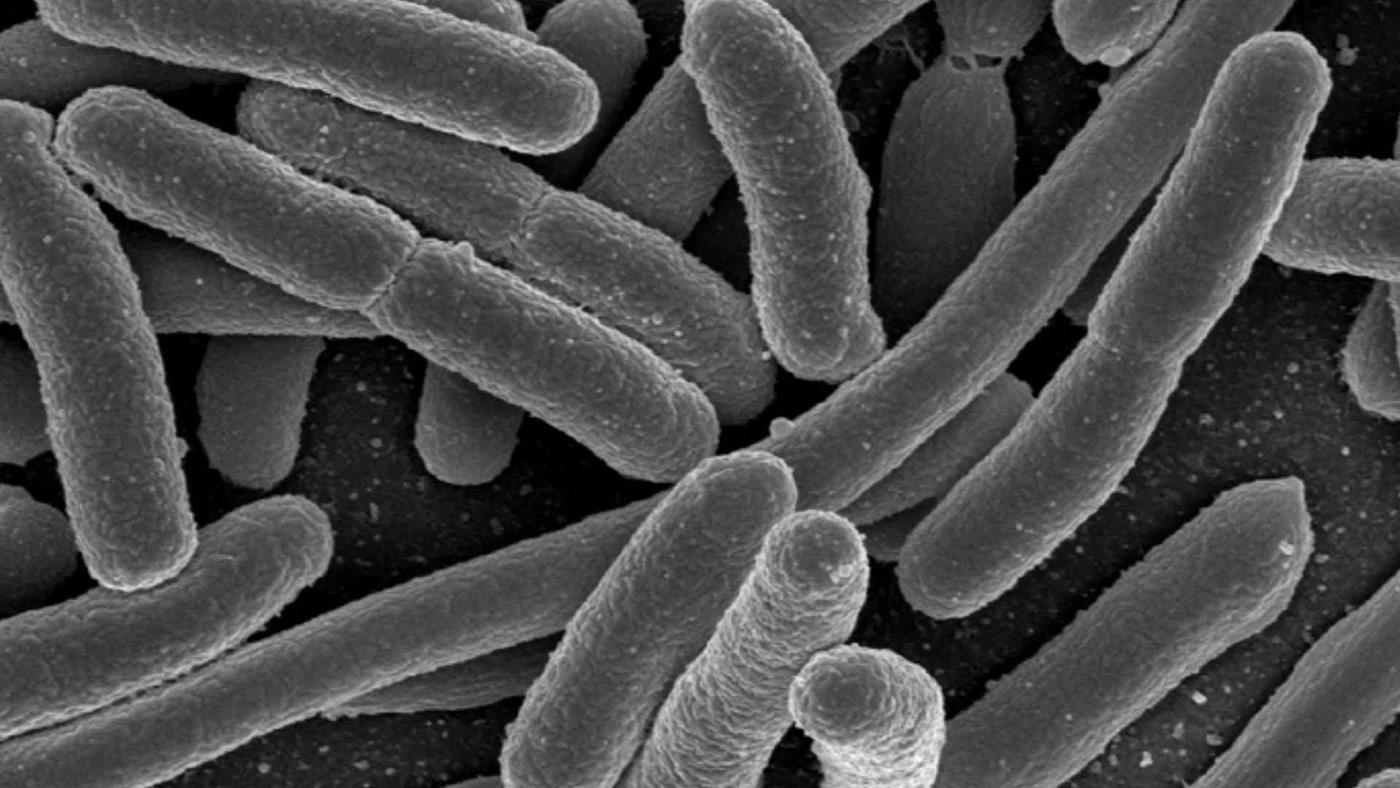
Bacteria - Know the importance and the various uses of bacteria
The Monera kingdom is home to all single-celled living beings, which do not have a defined nucleus and have a rigid cell wall. This means that the genetic material of these beings is dispersed inside the cell. The bacteria and cyanobacteria - or cyanobacteria as they are called in modern nomenclature - are the inhabitants of this kingdom.
Bacteria, microscopic-sized life forms, interfere not only in human life, but in the entire ecology of the Earth. When our planet cooled down at least 4.6 billion years ago, the first life forms that appeared were bacterial.
According to professor of paleontology at the University of São Paulo (USP), Luis Eduardo Anelli, there is reliable evidence that the oldest forms of life are fossils of bacteria 3.5 billion years old.
Bacteria are everywhere
Bacteria are in all types of habitat . Because of their adaptability, they survive in many environments that do not support other forms of life. They are found in the lowest temperatures in Antarctica , in boiling waters from hot natural sources and even in the dark depths of the oceans.
Some are mandatory anaerobic : they only survive in the absence of oxygen, while others are optional anaerobic , that is, they live both in the presence of oxygen and in their absence.
Billions of bacteria in a gram of soil
They are unquestionable survivors of all the changes that Earth has undergone over billions of years. These microorganisms are currently the largest part of the biomass of our planet, according to Ray Evert, a biologist and researcher at the University of Wisconsin, in the United States.
This means that the total weight of the existing bacteria exceeds that of all other organisms combined. To give you an idea, in a gram of fertile, agricultural soil, it is possible to find 2.5 billion bacteria.

More bacteria than cells
The number of bacteria that live within the human body, especially within the digestive tract and the skin, is higher than the number of cells that make it up.
The explanation is from Professor Luis Trabulsi, bacteriologist and doctor, from the Butantan Institute, in São Paulo. "The variety of bacteria in the world is so great that only 50% of them are known", he adds. It can be said that without them, life as we know it would be impossible. Bacteria have helped us, throughout evolution, to create an efficient immune system.
Proof of this is that the administration of lactobacilli in animals promotes the development of antibodies and activates the body's defense cells, lymphocytes. Lactobacillus-like bacteria are believed to have the same effect on humans.
Bacteria in recycling plants
Most heterotrophic bacteria remove their food from dead organic matter. When a living being dies, bacteria known as saprobiotics , or decomposers , cause their natural decay.
It is through decomposition that bacteria recycle vital substances so that they can be used by living organisms. This phenomenon is known as nutrient cycling. Examples are carbon and nitrogen cycles. To know more, check out: e-visionit.co.uk/
Bacteria and unicellular algae are responsible for 50% of the photosynthesis produced in the world. In the past, this phenomenon was attributed only to plants. Some species of these microorganisms have chlorophyll, as well as vegetables - they are the autotrophic photosynthetic bacteria.
Bacterial photosynthesis does not produce free oxygen, as plants do, but sulfur. They proliferate in places filled with dead organic matter. In these places, a bad smell can be felt due to the release of sulfur.
